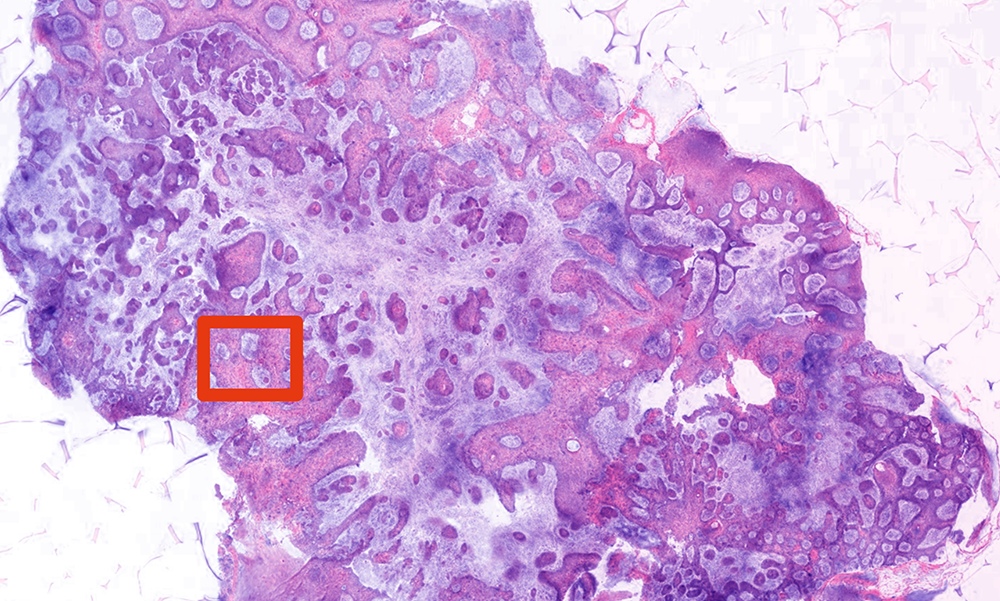
Novel imaging system could mean near-instant biopsy results
The new imaging system developed by Michael Giacomelli, an assistant professor of biomedical engineering and of optics, uses two-photon fluorescence microscopy (TPFM).
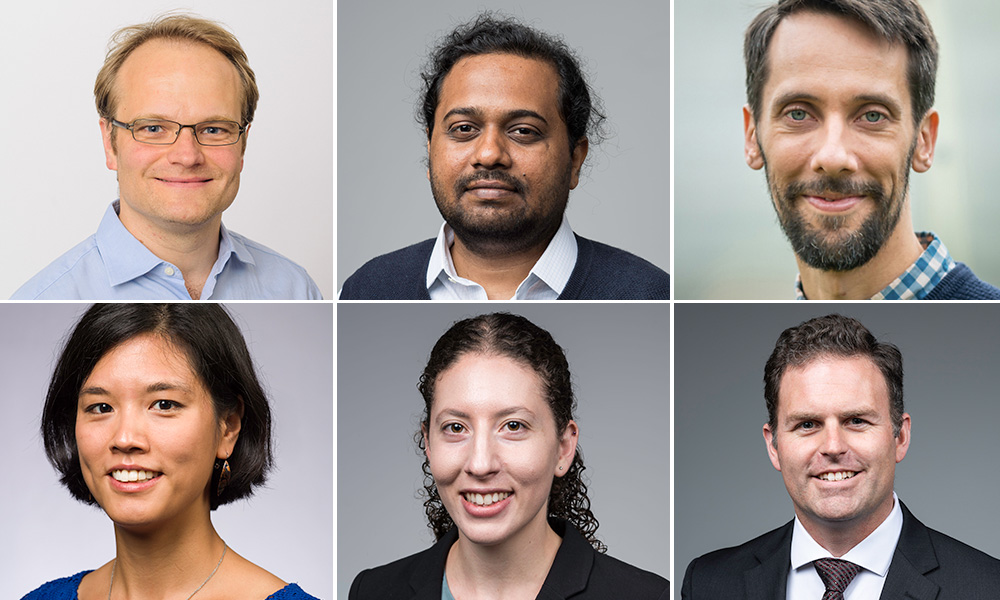
CAREER awards recognize role models in research, education
Six Rochester researchers have received the National Science Foundation’s most esteemed recognition for early-career faculty members.
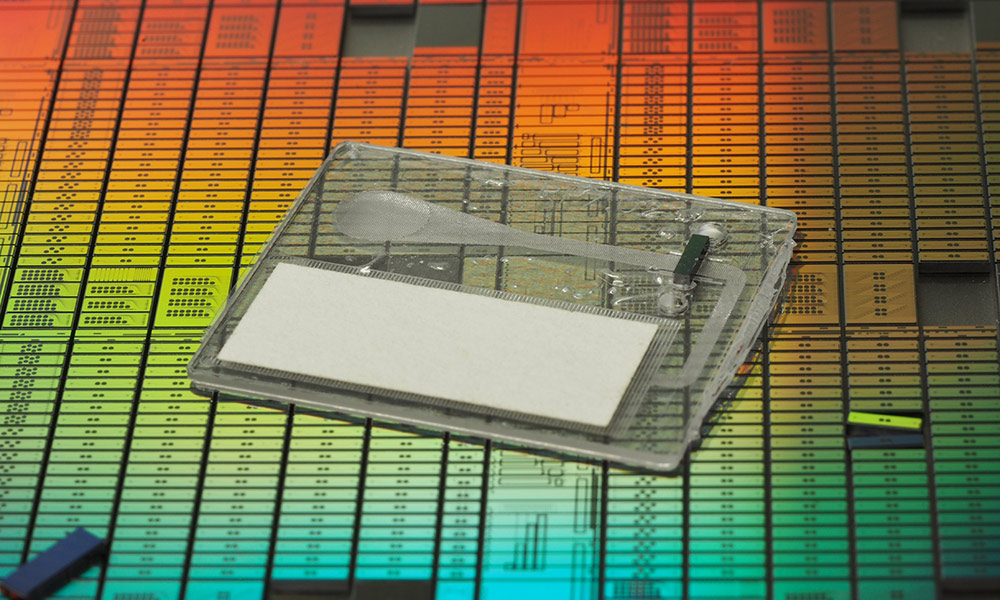
Rochester leads development of novel integrated photonic COVID-19 sensor
The inexpensive, portable device could help safeguard against future pandemics and detect viruses and infections in underserved populations.
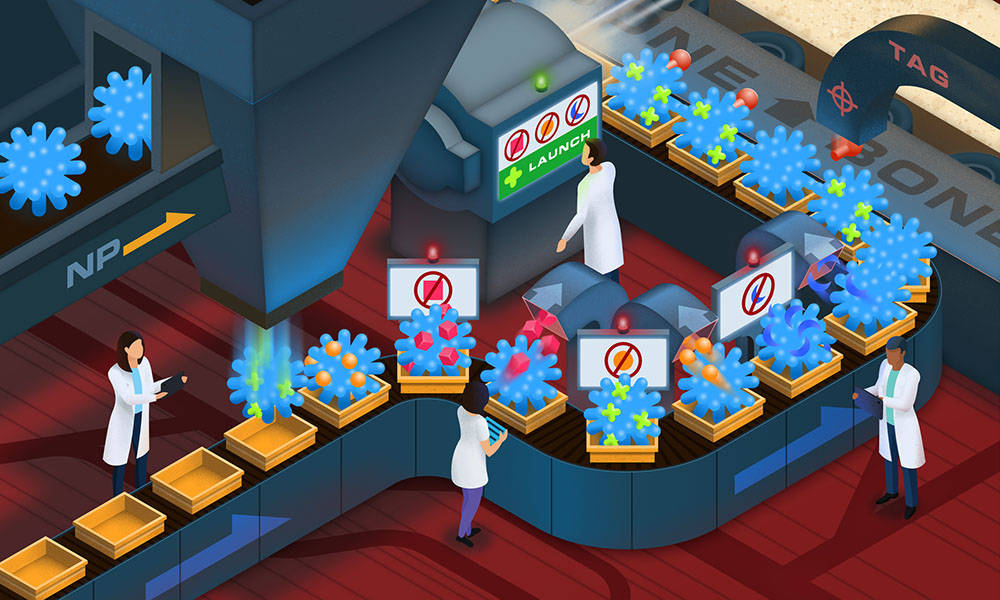
Rochester researchers seek ‘direct hit’ on leukemic stem cells
An internal funding program, plus the close proximity of the University’s engineering and medical facilities, promotes progress in a potential treatment for acute myeloid leukemia.
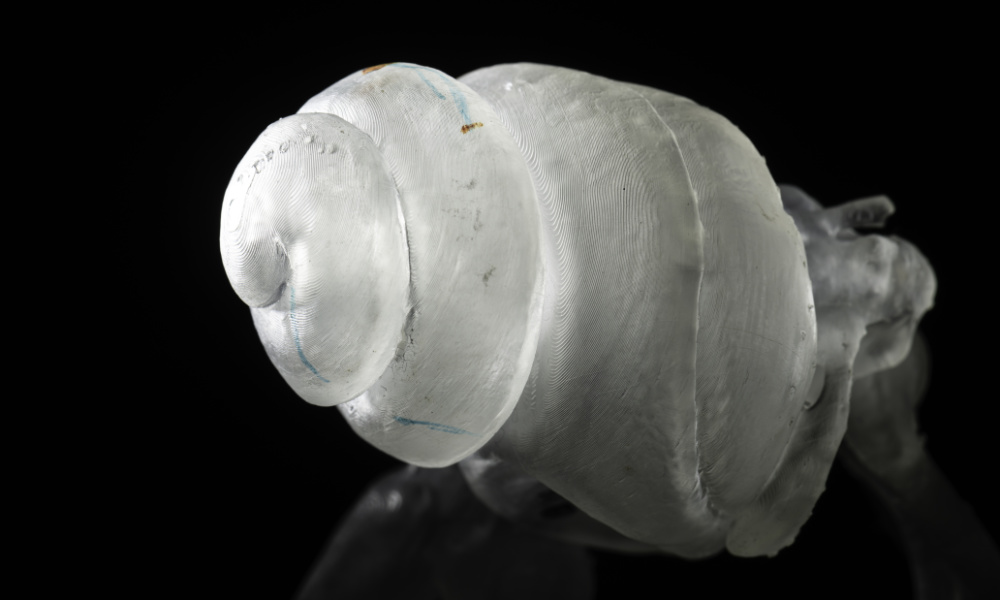
Will hearing aids ever be as effective as corrective eyewear?
Despite recent advances in hearing aid technology, users frequently complain that the devices tend to amplify all the sounds around them. Rochester researcher Jong-Noon Nam believes a key part of the answer to this problem lies inside the cochlea of the inner ear.
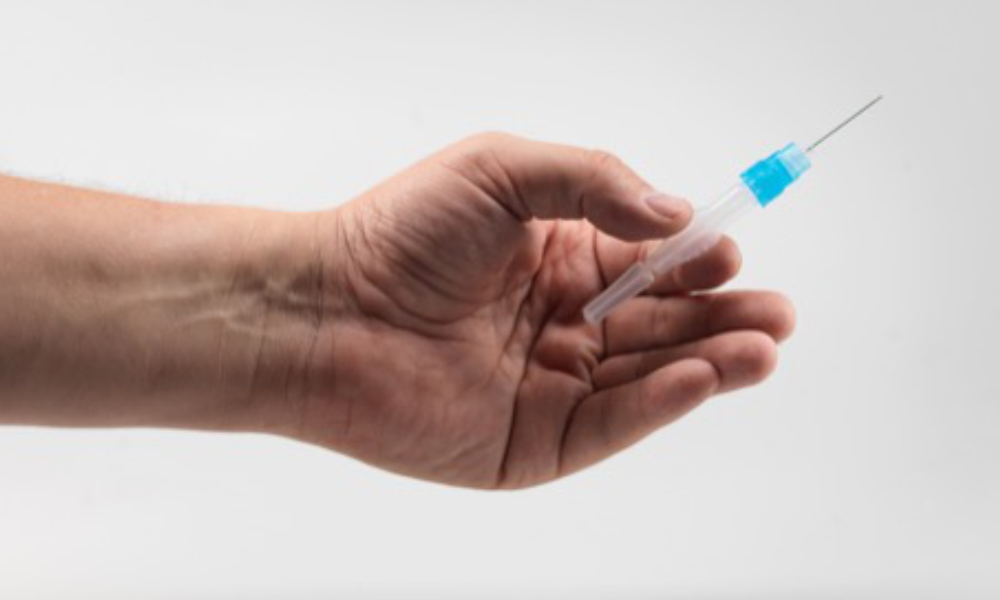
ApiJect gives students a chance to address a global health care challenge
The medical technology company will support student design teams and a University-wide medical device design challenge.
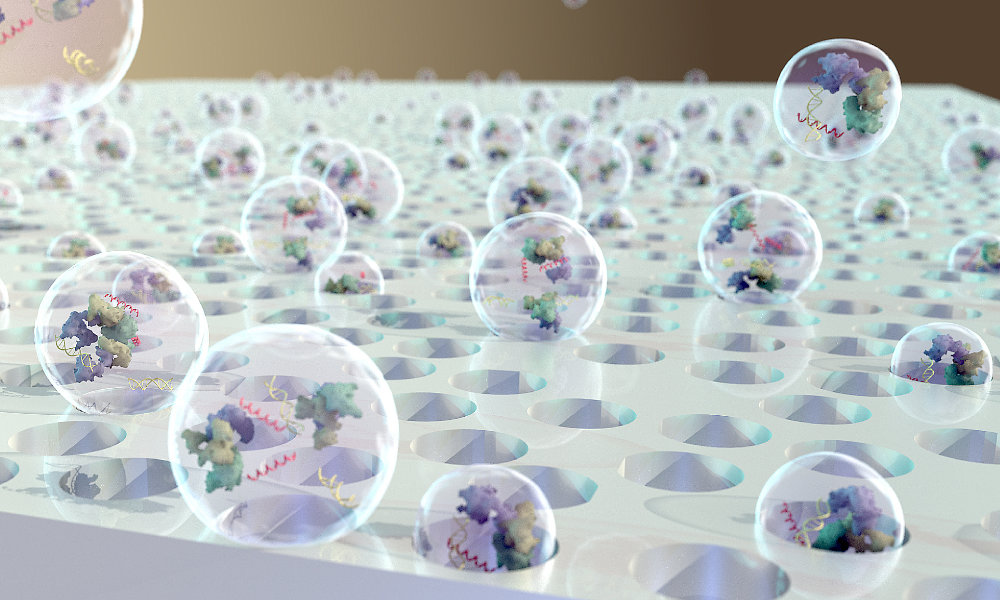
Rochester membranes help researchers capture tiny, telltale vesicles
Extracellular vesicles could provide early detection of diseases such as cancer. But to analyze EVs, scientists first need to catch them. That’s where Rochester professor James McGrath’s nanomembranes come in.
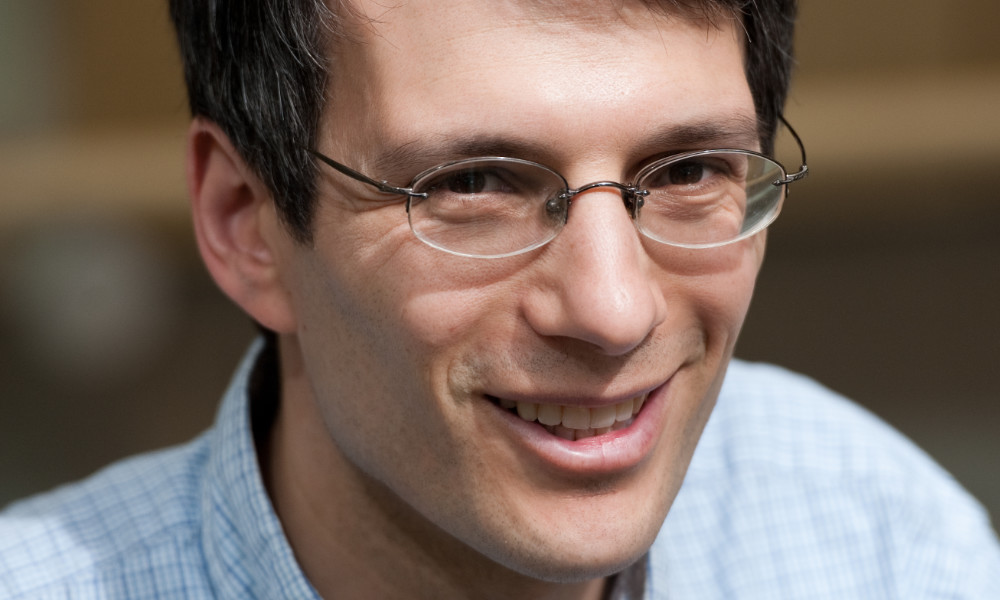
Andrew Berger honored for novel ways to monitor biological cells and tissues
The Rochester optics professor has been elected a fellow of Optica, the international society for optics and photonics.
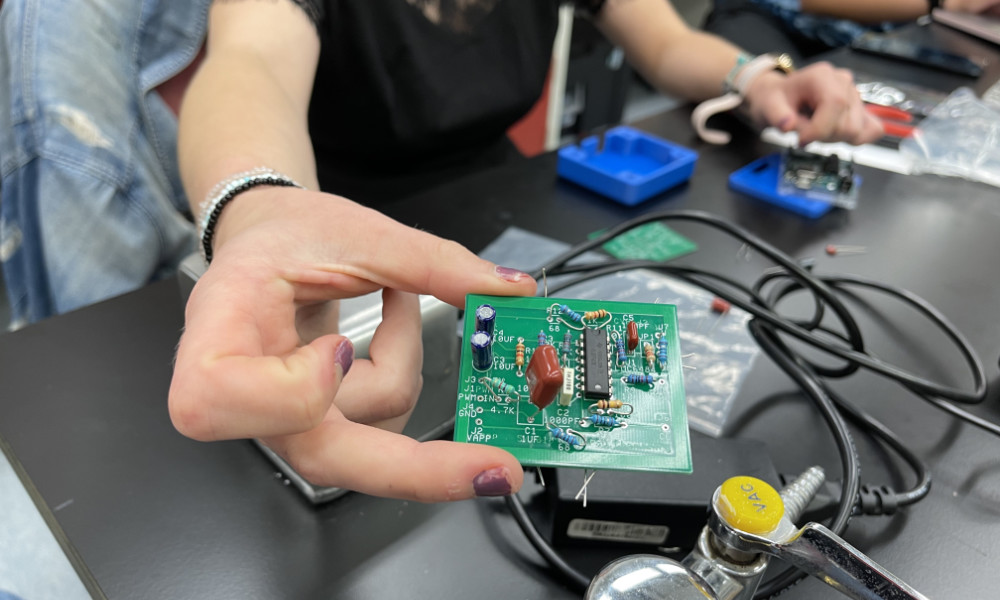
Rochester students’ award-winning device instantly detects sepsis via sweat
Rochester undergraduates have developed a fast, noninvasive, affordable, and eco-friendly way to diagnose the life-threatening medical complication.
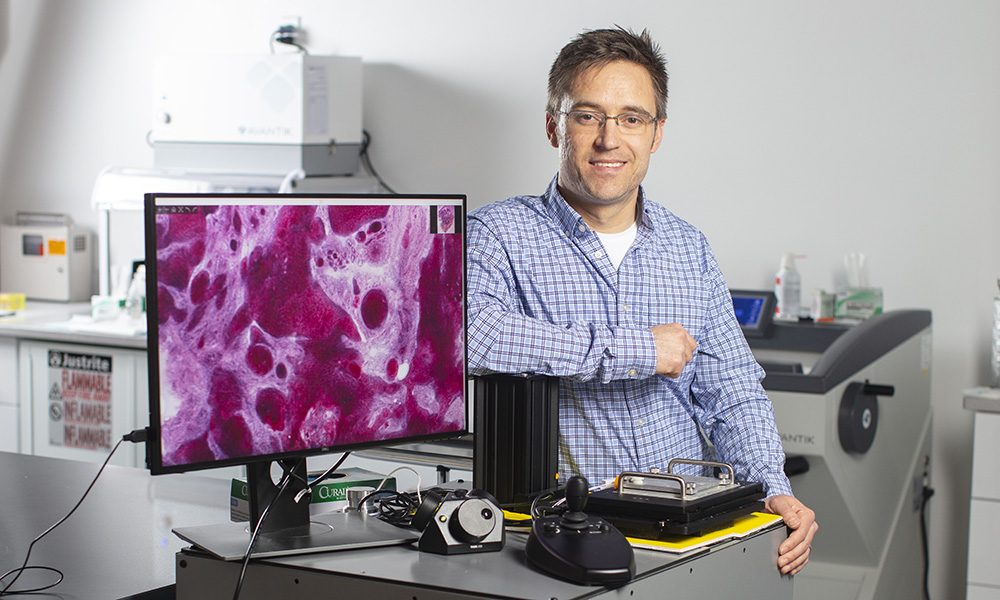
Meet one of Popular Science magazine’s ‘Brilliant 10’
Rochester biomedical engineer Michael Giacomelli is pursuing a quicker way to detect skin cancer.
